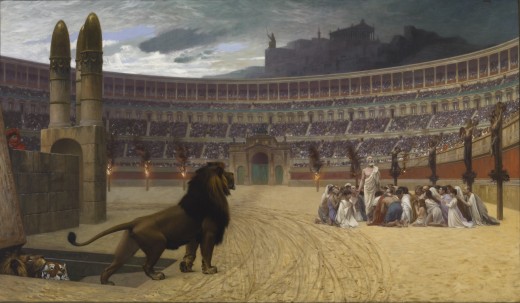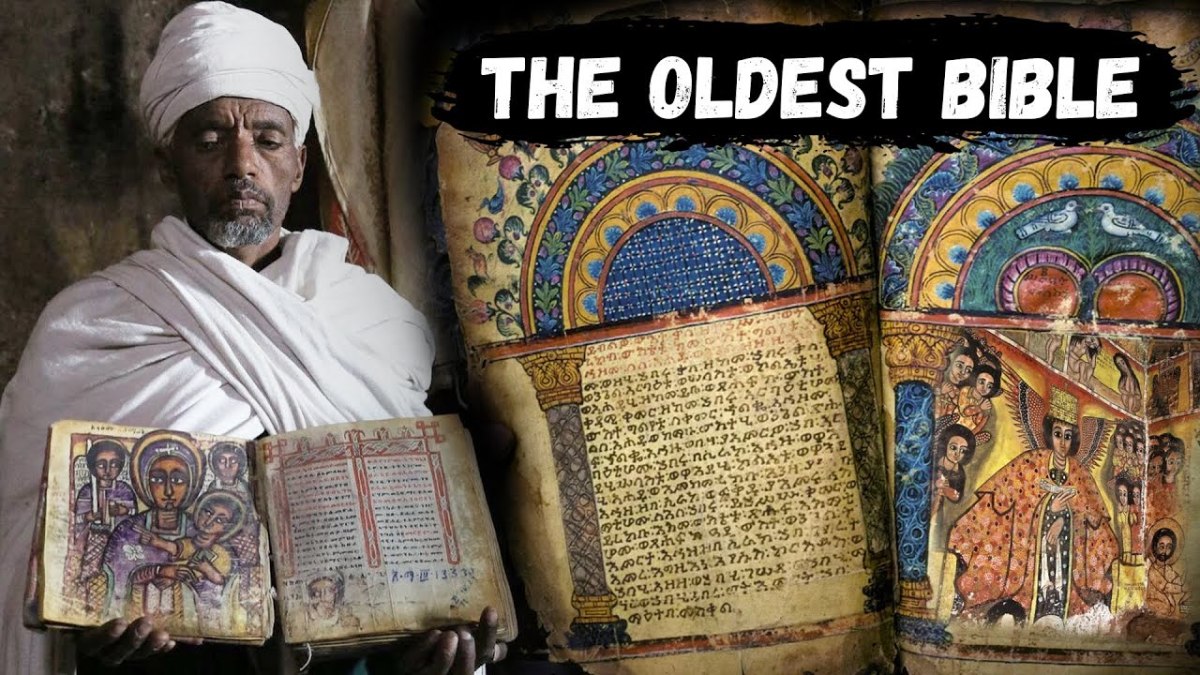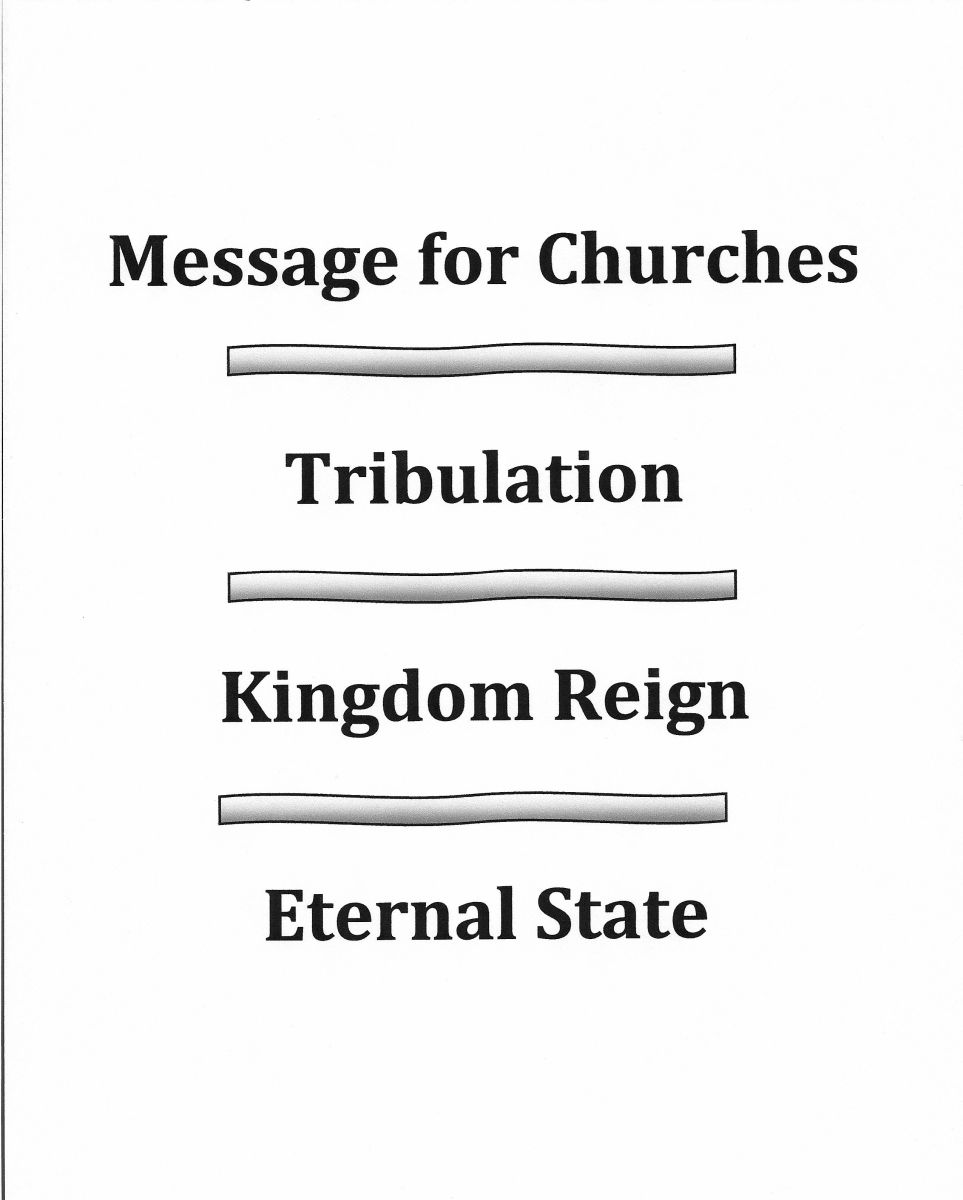Bible: What Does 1 Peter 4-5 Teach Us About Victory through Submission, Prayer, Service, and Faith in Christ?
The Power for Victory over the Flesh
view quiz statisticsEternal Destinies

The Destiny of All Unbelievers
Will unbelievers in Christ suffer in Hell?
I Peter 4
Peter concludes that Christ’s mindset during His Passion should serve as the believer’s example of how to win the war against the sinful flesh: submit to suffering as God’s will (v. 1; cf. 2:21-23).
One who approaches suffering from this perspective should then live the rest of his life doing God’s will, not satisfying his fleshly desires (v. 2).
The apostle catalogs “the will of the Gentiles”—a sordid list of sexual and alcohol-soaked activities—that he notes his readers spent enough time engaging in before salvation (v. 3).
Now that these Christians no longer participate with the Gentiles in those wasteful expenditures of life, the latter, wondering about their former friends' “strange” behavior, terminate their relationships with them and even revile their new lifestyle (v. 4).
Peter affirms that the Judge of all humanity will require from these worldlings an accounting of how they spent their lives (v. 5).
Speaking of judgment, he remarks that “those who are dead” heard the gospel, so that even though judges condemned their bodies to death (“judged according to men in the flesh”), God might save their spirits (“live according to God in the spirit”) [v. 6].
[To whom does Peter refer when he mentions “those who are dead”?
Are they the “spirits in prison” (3:19), or are they Christian martyrs? (Ryrie, New Testament Study Bible, 431).
Why does Peter use this strange designation?]
Prayer in Light of Christ's Coming

The Importance of Prayer
Acting upon his belief in the imminence of Christ’s return (“the end of all things is at hand”), Peter urges his readers to cultivate a serious, vigilant attitude with respect to their prayer life (v. 7).
[Why should one’s prayer life be important in anticipation of the Rapture?]
By citing Proverbs 10:12 to illustrate the value of love within community relationships, the apostle shows the importance of showing fervent love for one another (v. 8).
They can demonstrate their love by welcoming one another into their homes without complaint (v. 9).
Within the church community, each believer should exercise his or her spiritual gift in service to others; by so doing, the individual shows himself or herself to be a good manager of the diverse array of God’s kindness (v. 10).
Speakers should faithfully proclaim what God has said; all servants should diligently use their God-given ability, so that the Father is exalted through the eternal King, Jesus (v. 11).
Persecution

Submission to Persecution
Again addressing his readers as “Beloved” (cf. 2:11), Peter urges them not to be surprised that they are experiencing trying circumstances as Christians; in other words, they should expect persecution from unbelievers (v. 12).
Instead of showing bewilderment, they should rejoice that God has privileged them to suffer for Christ’s sake, for they will then have the strength to rejoice even more when their glorious Lord returns (v. 13).
Peter regards as blessed those Christians whom unbelievers revile, because the Holy Spirit abides with the former during their trial (v. 14a; cf. Matt. 5:11).
He adds that while persecutors speak disrespectfully of the Lord, believers bring honor to Him (v. 14b).
The apostle, however, desires no Christian to suffer for breaking the law, no matter whether the offense be great or small (v. 15).
Suffering believers should not feel shame; instead, they should honor God by identifying themselves with Christ (v. 16).
Peter announces the beginning of God’s purging of professing Christians in the Church.
While acknowledging that their suffering is intense, the apostle can only wonder about what ghastly torment unbelievers will experience one day.
He cites Proverbs 11:31 to show the clear-cut distinction existing between the destiny of the righteous and that of the ungodly (vv. 17-18).
Peter commands faithful Christians (“those who suffer according to the will of God”) to entrust their immortal souls to their faithful Creator in doing what is right (v. 19).
Peter, A Fellow Elder

1 Peter 5
Having concluded his instruction about suffering, the apostle (as someone who saw Christ suffer and who will share in His glorious kingdom) now addresses his fellow elders (presbuteroi).
He exhorts them to take good spiritual care of the believers in their local church (“Shepherd [poimen] the flock of God which is among you”).
They must properly administer the affairs of the assembly, making sure that they not only avoid attitudinal pitfalls (“not by compulsion . . . not for dishonest gain . . . nor as being lords over those entrusted to you”), but that they also manifest godly character in the performance of their duties (“willingly . . . eagerly . . . being examples to the flock”) [vv. 1-3].
Comment: Elders are the spiritually mature leaders of local churches who feed the flock spiritually (pastors) and function as overseers (bishops) or administrators of the organization’s operation.
Christ, the Chief Shepherd

Peter promises them that the Chief Shepherd (Jesus) will reward them with “the crown of glory” when He returns (v. 4).
[“The crown of glory” appears to be a reward for faithful service.]
Interestingly, the apostle returns to his theme of submission, now addressing younger people (v. 5a; cf. 2:13-3:6).
[If the elders that Peter mentions here refer to church leaders and not to older saints, then one may argue that the apostle’s comments here fit contextually and are not just an afterthought.]
The youth ought to submit themselves to their elders; in fact, Peter (citing Proverbs 3:34 as his authority) enjoins every believer to practice mutual submission with the humble mindset that realizes that no one can offer any reason why God should promote one above another (v. 5b; see Ryrie, New Testament Study Bible, 432).
Since God grants extra grace to those who humble themselves, the apostle advises his readers to submit to His omnipotence, so that He might lift them up when the time is right (v. 6).
Knowing that God cares what happens to them, they ought to feel free to roll all their anxieties upon Him (v. 7).
Satan: Like a Roaring Lion

Again, Peter urges them to exercise self-controlled vigilance (cf. 4:7); here, they need this attitude of prayer to fend off rapacious, lion-like attacks from Satan, which seek to destroy their testimony (v. 8).
Encouraged by the victories of their Christian brethren over the devil, they ought to stop his incursions by standing firm in their faith (v. 9).
One may interpret the next verse according to the view of the editors of the New King James (that is, Peter is praying that their gracious God, who summoned them to share in His eternal kingdom, might “perfect, establish, strengthen and settle” after they have suffered according to His will), or after the Nestle text scholars who understand Peter as stating the fact that the Lord will accomplish these works of grace after His purposes for permitting their suffering are complete (v. 10).
The apostle gives Christ all glory and eternal dominion (v. 11).
Peter, having used faithful Silas (“Silvanus”) as his amanuensis to exhort his readers briefly about the “true grace of God,” reminds them that this grace is where they now stand (v. 12).
The apostle also sends greetings from two dear ones: “She who is in Babylon, elect together with you”—perhaps a prominent saved woman in Rome or the church in Rome itself—and John-Mark, Peter’s spiritual son and the author of the gospel by that designation (v. 13).
Finally, he encourages them to show affection toward one another with a brotherly kiss, and confers peace upon all true believers in Christ (v. 14).
Study Questions for 1Peter
- What is consistent with the “elect” position of Peter’s readership?
- What is their “living hope”?
- What does Peter say is God’s purpose in permitting severe trials?
- What does their faith enable them to do?
- What enigmas did the OT prophets investigate?
- Of what spiritual facts must believers always remind themselves?
- Discuss the Christology of chapter one.
- What enables believers to love the brethren “with a pure heart”?
- What must replace all thoughts and deeds characteristic of the interpersonal relationships of the unredeemed nature?
- In chapter two, what figure does Peter employ to represent believers?
- What does God purpose to construct from these living stones?
- In Isaiah 28:16, the prophet refers to what metaphor for the Messiah?
- Did the Lord predestine the Jews to fall as He preordained believers to trust in Jesus?
- Interact with the explanation of predestination in the notes.
- What has God purposed His people to proclaim?
- How did Jesus serve as a model for suffering?
- How does Peter advise Christian wives to win their unsaved husbands to the Lord?
- Does Peter refer to physical strength when he calls a wife a “weaker vessel”? If not, then what?
- What does Peter say should be the believer’s attitude toward suffering?
- What does Peter see as the fulfillment (“antitype”) of God’s salvation of Noah and his family?
- How does one win the war against the sinful flesh?
- Why should one’s prayer life be important in anticipation of the Rapture?
- What does Peter command those “who suffer according to the will of God”?
- What does Elder Peter exhort his fellow elders to do?
- Discuss the terms “elder,” “bishop,” and “pastor.”
- What does the “crown of glory” appear to be?
- What ought to be the attitude of young people toward elders?
- Who was Peter’s amanuensis?
- From what two dear friends does Peter send greetings?
© 2014 glynch1








